Hassan Hanizadeh, speaking in an interview with the website of the Strategic Council on Foreign Relations, said: Bahrain, as the smallest member of the Persian Gulf Cooperation Council – PGCC), has been embroiled in a sharp rift between the nation and the government for nearly 11 years, and due to the Al-Khalifa regime’s suppressive methods towards the Bahraini people, the violence on the island is becoming more widespread every day.
The expert stressed that since February 2011, when the Arab uprisings began, the Bahraini people have been protesting against the monopoly of power in the hands of the Al-Khalifa family, demanding a change in the constitution, free and democratic elections, and the division of power among all political currents in Bahrain.
He continued: But the Al-Khalifa regime, instead of constructive interaction with the protesters, with the logistical and intelligence support of Britain and the Zionist regime, took the path of suppressing the demonstrations; in which more than 5,000 young Bahraini protesters were arrested and imprisoned.
Hanizadeh, examining role of Riyadh in the developments of Bahrain said: Saudi Arabia played an important role in suppressing the people of Bahrain in 2012 by sending two commando battalions to Bahrain because of the existence of Wahhabi ties with the Al-Khalifa dynasty, at the same time, Britain sent its expert security agents to the island to confront the Bahraini protesters.
According to the expert, although the Bahraini regime refuses to provide statistics on the number of martyrs and wounded, according to a collection of reports by human rights organizations, over 2,000 people have been killed and injured in the past 11 years, which is very high given Bahrain’s limited number of population.
Depriving Bahrainis of national citizenship, violation of UN Charter of Human Rights
The expert on the Middle East affairs noted that more than 800 Bahraini nationals had been stripped of their citizenship during this period due to their opposition to the Al-Khalifa regime which is in stark contrast to Article 15 of the UN Charter of Human Rights, which recognizes the citizenship of all citizens as an inalienable right of the nations.
He continued: Over the past 11 years, the United States, some Western governments and the Zionist regime, along with some countries in the region such as Saudi Arabia, the UAE and Egypt, have not hesitated to help the Bahraini regime to suppress the protesters, and human rights groups have remained silent in the face of such crimes.
After addressing Bahrain’s internal problems, Hanizadeh said that the Al-Khalifa regime, due to its internal political and social crisis and the need to overcome the crisis, along with the United Arab Emirates, established public relationship with the Israeli regime.
He explained: Of course, the Bahraini government has had secret relations with the Zionist regime in recent years in order to use the capacity of the Zionist lobby to use force against its opponents.
The expert on the Middle East affairs, commenting on the consequences of such normalization said: Although this relationship will not have much effect on the situation of the Palestinian people, it will pave the way for Israel’s creeping and subcutaneous infiltration into the southern Persian Gulf, and this presence could be dangerous for the security of the Persian Gulf.
He continued: Currently, the Al-Khalifa regime has established political and economic relations with the Zionist regime due to the unstable internal conditions and in order to get out of the political stalemate, but Bahrain’s geopolitical capacity is not as such that the Israeli regime could improve its regional position.
According to Hanizadeh, the only advantage of the Zionist regime in establishing relations with Bahrain is that through its physical presence on the island, it can establish a foothold in the Persian Gulf in the future and disrupt maritime security.
As for the reactions to Al-Khalifa’s decision, the expert said: It is natural that the Bahraini people oppose the establishment of a political relationship between the two Al-Khalifa and Israel regimes, and many Bahraini opposition leaders have issued strong statements condemning the relationship, citing it as a result of structural weakness of the Al-Khalifa.
Finally, he said that this relationship is not between the two nations, but between the two regimes, and the people of Bahrain have always considered themselves defenders of the rights of the oppressed Palestinian people.




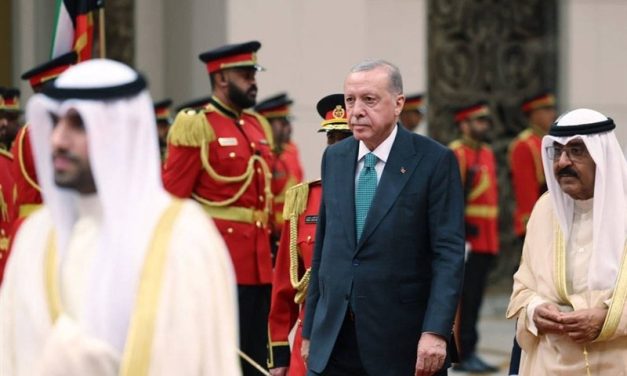
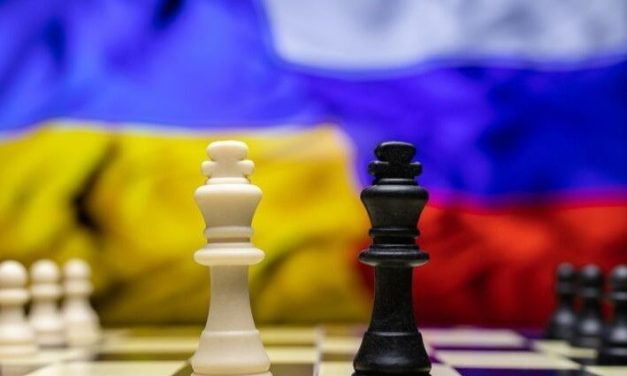
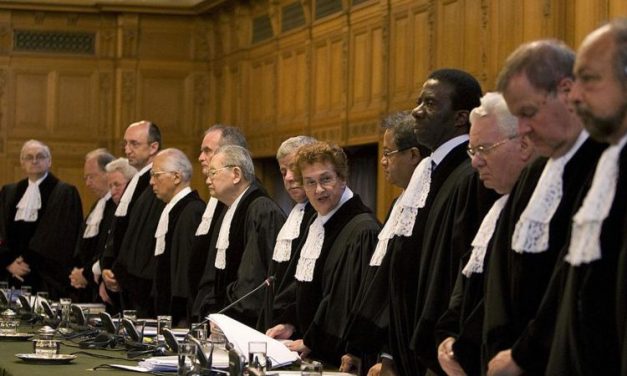
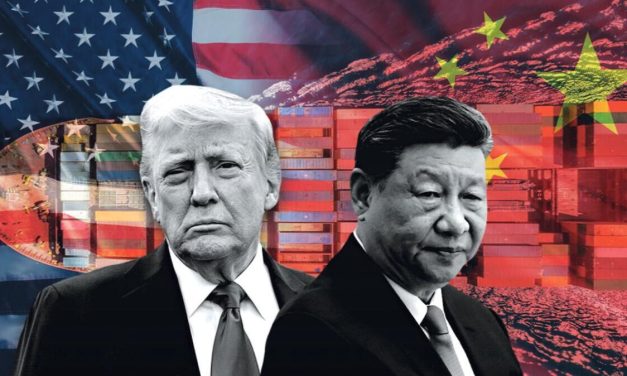
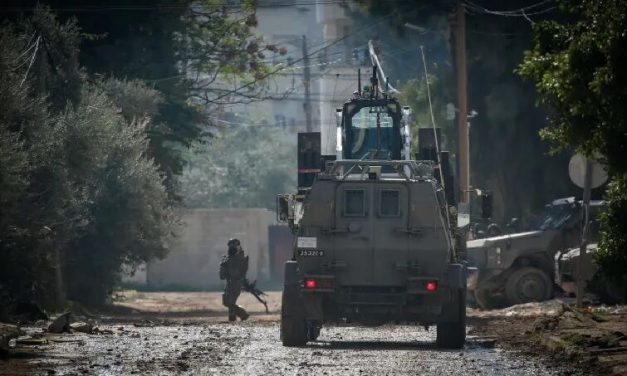

0 Comments